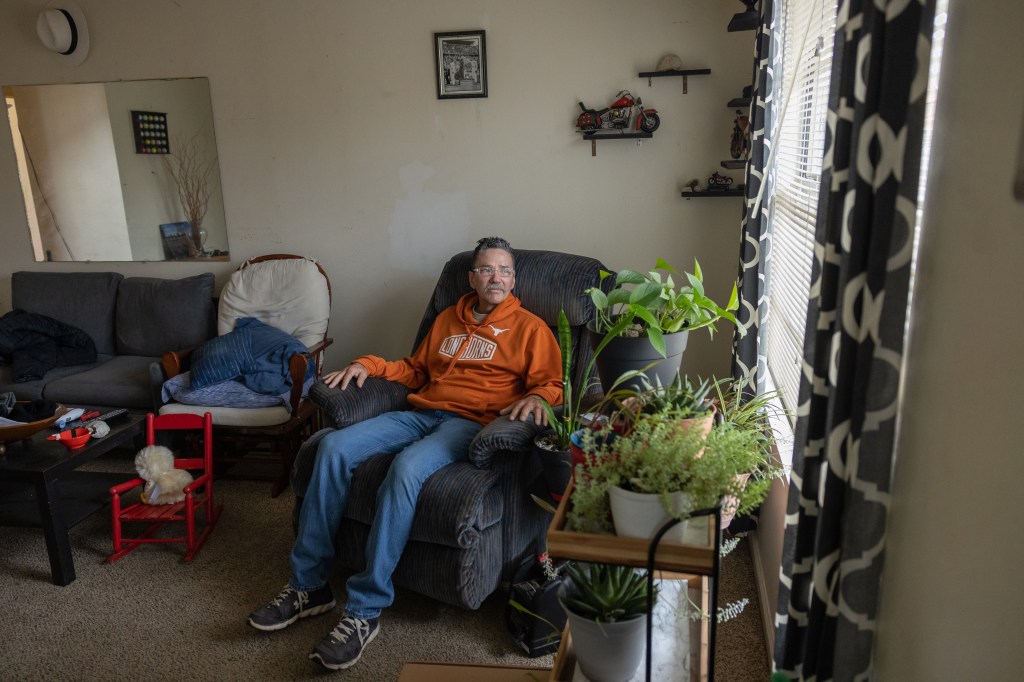When it comes to racial disparities in cancer screening for women, factors such as disability, medical comorbidities, and insurance status may be playing an outsized role, a cross-sectional survey based in Chicago found.
While women who identified as Black, Hispanic, or another race or ethnicity were significantly less likely than white women to be up to date on their colon cancer screening (P=0.49), this was no longer the case after adjusting for various factors, reported Holly Thomas, MD, and Rebecca Thurston, PhD, both of the University of Pittsburgh.
Factors such as physical disabilities, diabetes status, and health insurance coverage all influenced receipt of preventive care, according to findings presented at the North American Menopause Society (NAMS) virtual meeting.
Women who did not have a physical disability (OR 3.22, 95% CI 1.32-7.94) or had a diabetes diagnosis (OR 3.10, 95% CI 1.52-6.31) were more likely to be up to date on their colon cancer screenings, while those with low levels of trust in their healthcare provider were less likely to be up to date (OR 0.45, 95% CI 0.22-0.93).
For all women over age 50, only 58% were caught up on their colon cancer screenings, the researchers found.
“Among those who should be getting colon cancer screening, the rates of up-to-date colon cancer screenings were pretty low,” Thomas told MedPage Today. “And women of color were less likely to have their colon cancer screening up to date compared to white women.”
In contrast, Black women more likely to receive timely mammography. Thomas said she was surprised by this finding, because it is not aligned with national breast cancer screening trends, which show rates that are similar across racial and ethnic groups.
Women on Medicaid had a lower chance of being caught up on mammograms (OR 0.31, 95% CI 0.10-0.95), the researchers reported.
“The key point is that there are racial and ethnic differences in screening rates, and we need to consider that always,” said Stephanie Faubion, MD, NAMS medical director. Faubion, who was not involved with the study, told MedPage Today that the findings underscore the importance of paying attention to social determinants of health.
The cross-sectional survey was conducted in selected underserved communities in Chicago. Interviewers conducted the surveys in participants’ homes from 2015 to 2016, asking about screening practices for colon, breast, and cervical cancers.
The researchers adjusted for covariates including income, employment, education, use of a translator, disabilities, health insurance, age, body mass index, comorbidities, smoking status, marital status, healthcare discrimination, and trust in healthcare providers.
The study included 866 women, and the mean age of study participants was about 44. About 12% were white, 36% were Black, 49% were Hispanic, and 3% were of other races/ethnicities. Approximately 60% of women had a household income below the poverty level, and half had a high school education or less.
For women ages 50 to 75, 80% reported having a mammogram within the prior 2 years. About 83% of women ages 21 to 65 received a Pap smear in the previous 5 years, and there were no disparities among racial or ethnic groups observed regarding cervical cancer screening outcomes.
Study limitations, Thomas said, include the reliance on self-reported data and that they were from a single region and thus may not be generalizable on a national scale.
Amanda D’Ambrosio is a reporter on MedPage Today’s enterprise & investigative team. She covers obstetrics-gynecology and other clinical news, and writes features about the U.S. healthcare system. Follow
Disclosures
The study was supported by the Chicago Community Trust.
Thomas is supported by a grant from the National Institute on Aging, and Thurston is supported by a grant from the National Heart, Lung, and Blood Institute.
Note: This article have been indexed to our site. We do not claim ownership or copyright of any of the content above. To see the article at original source Click Here












